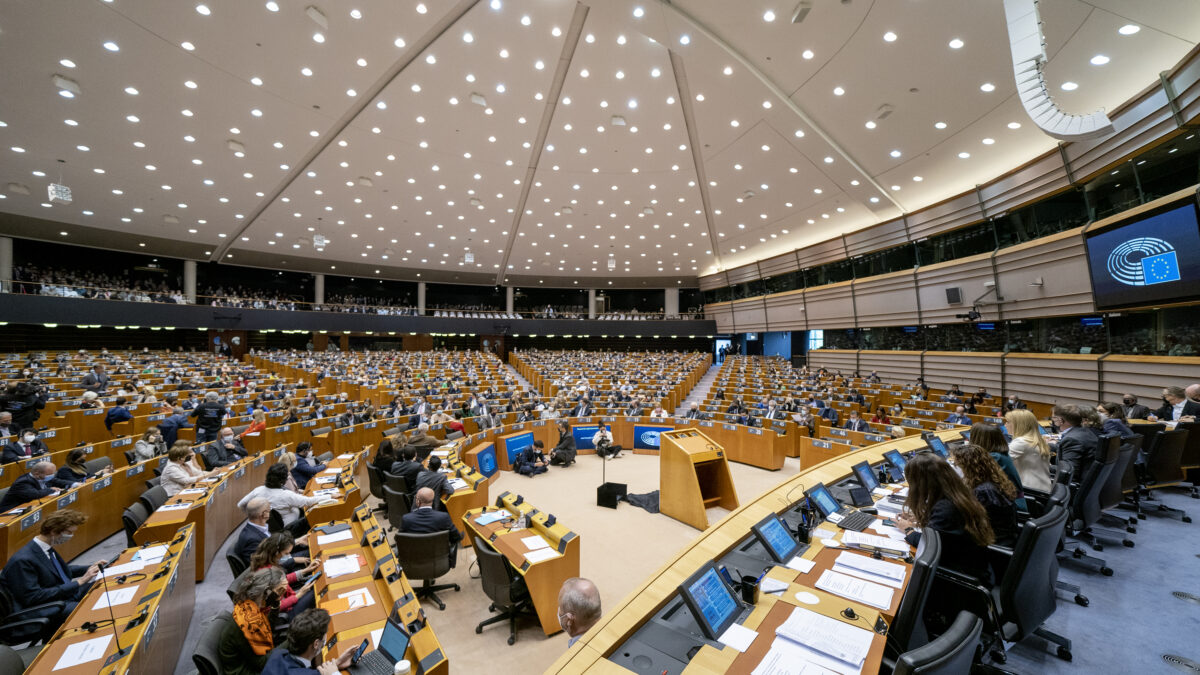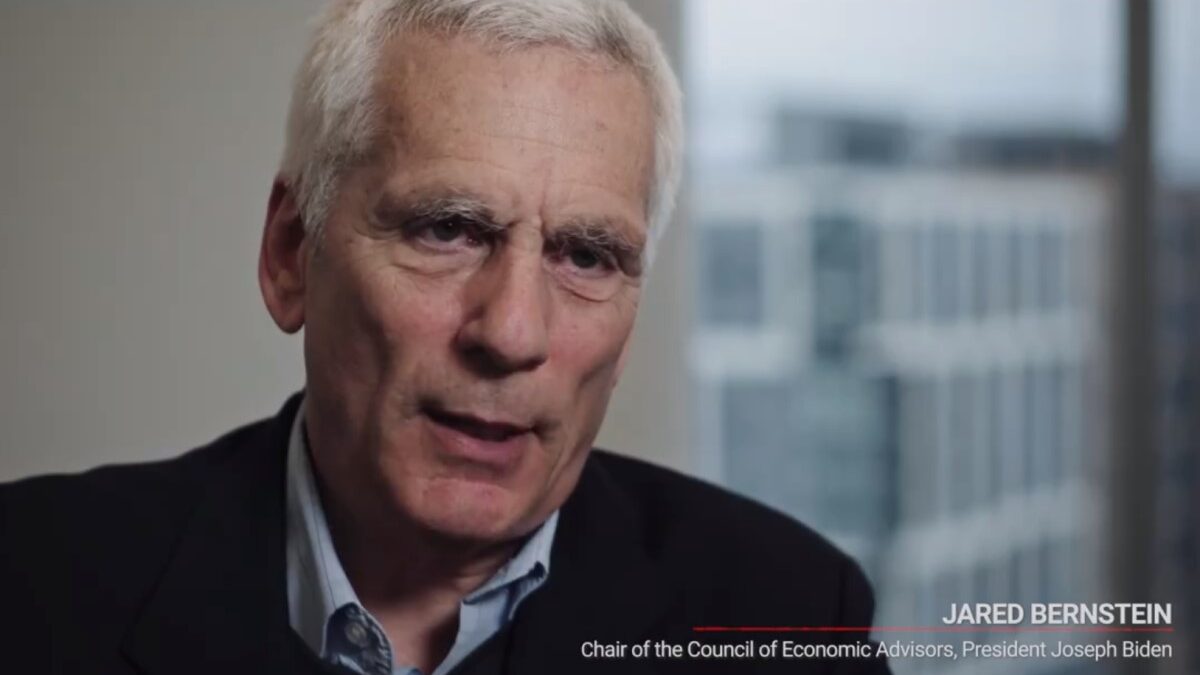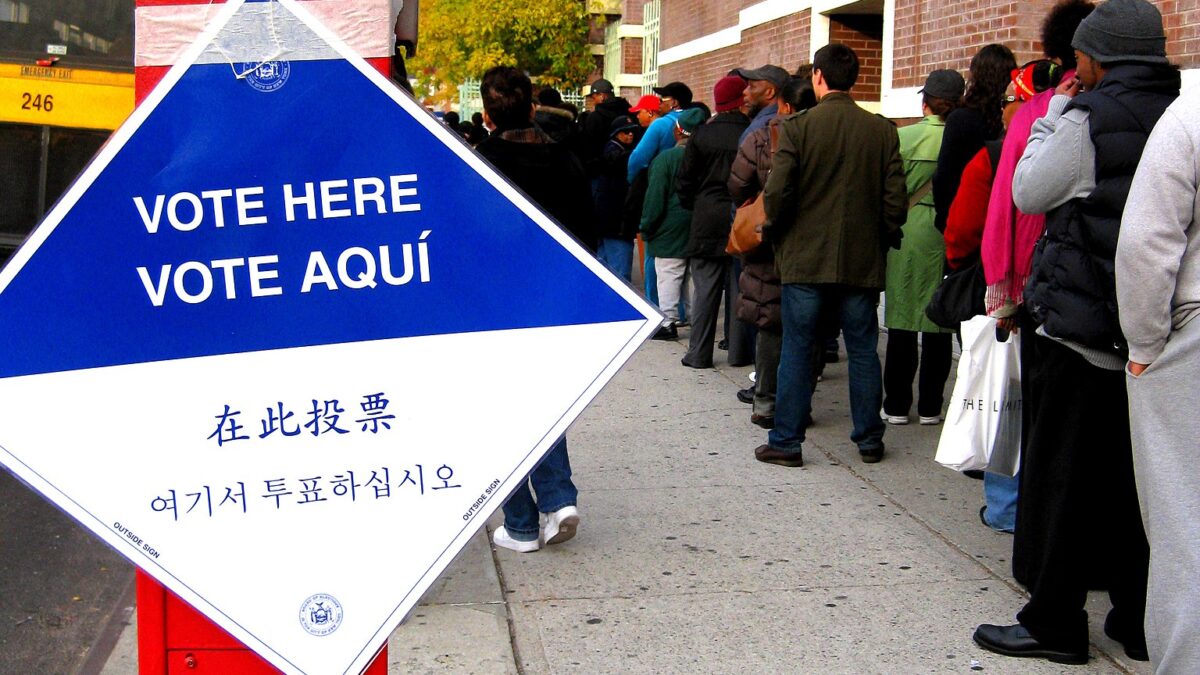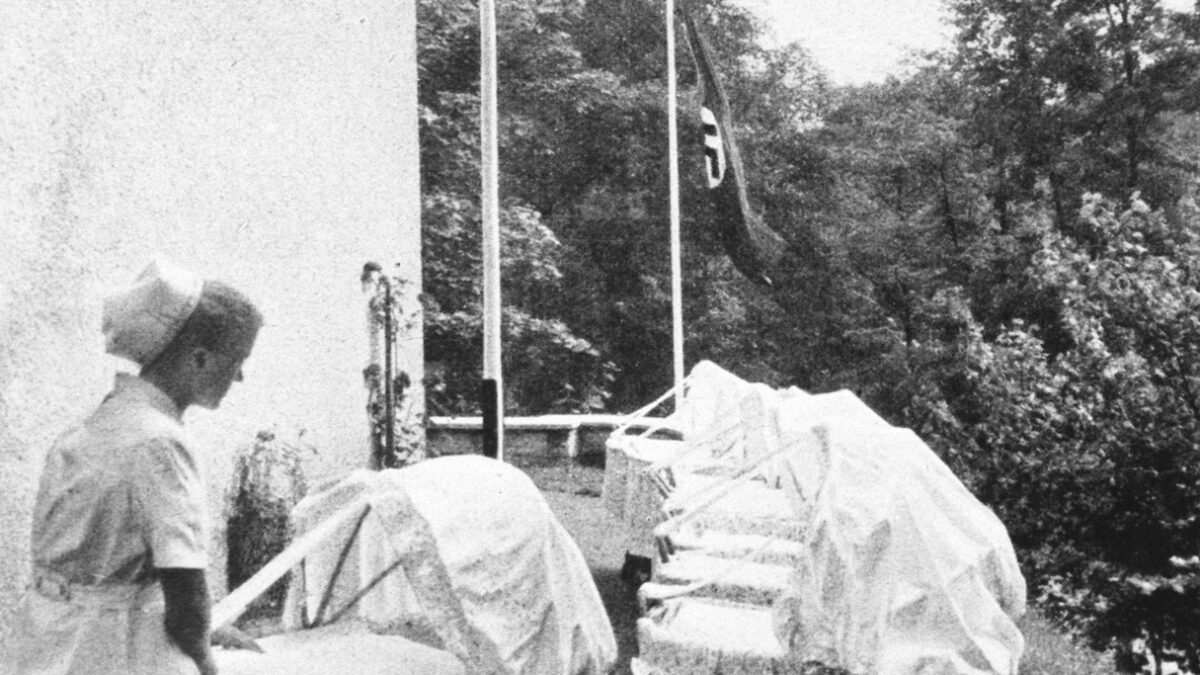
This week, an Israel military tribunal convicted 19-year-old Elor Azaria, an Israeli Defense Forces medic, of manslaughter. Azaria shot and killed a wounded Palestinian terrorist who had minutes earlier stabbed a fellow solider in Hebron. Azaria claimed self-defense, but a three-judge panel found his actions disproportionate and dangerous.
It’s a complicated case that’s aggravated many underlying tensions within Israeli society. Whether Azaria deserved his sentence or not, in Western societies even the shooting of a terrorist can be cause for a trial, debate, and national self-reflection. In this system, elected officials — even those who disagree strongly with the conviction — honor the courts. The guilty also have a right to appeal the verdict. These are basic standards of law in any liberal democracy.
Also this week, Israel appointed George Kara, an Arab-Israeli, to the Supreme Court. Kara is best known for convicting then-president of Israel Moshe Katsav of rape and sentencing him to seven years in prison.
Now, it would take a sturdy imagination to visualize a Jew (or Christian, for that matter) holding a top government position in the West Bank, Gaza, or any Islamic-majority nation, much less imprisoning an official of the state. In Arab-controlled areas, a Jew won’t survive without military protection for long. Among the Palestinians, the shooting of an Israeli child (forget terrorist) would undoubtedly provoke celebration. Unlike Azaria, they would not find themselves in court, although they might find their name celebrated on a street sign.
When five Israelis (three of them American citizens and one a Druze) were murdered a couple of years back, Palestinians in Gaza fired celebratory gunshots in the air, “and praise for God and the attackers poured from mosque loudspeakers soon after the synagogue attack,” reported The New York Times. Fatah officials in Lebanon (the moderates) explained that “Jerusalem needs blood in order to purify itself of Jews.” I’ll spare the readers paragraphs of polls and incidents substantiating widespread Palestinian anti-Semitism.
These two events are just a reminder of the sprawling moral fissure that exists in the region. This divergence — which is getting worse — is the real reason the Oslo Accords failed. It is why the “road map” went nowhere. It is why Barack Obama’s incessant need to subordinate Israel to regional enemies only fueled anti-Semitism and danger in the region. This is what spurs Palestinian leaders to make absurd demands that can never be met. If they don’t, they’ll be replaced by people who do.
Our hyper-focus on a “two-state” solution is just a waste of time before dealing with these realities.
In his press conference with Israeli Prime Minister Benjamin Netanyahu, President Trump said something about “one state.” As often is the case, the meaning was ambiguous and confusing. Some thought Trump was implying support for a single democratic entity encompassing Israel and the West Bank (this will never happen). I assumed he was signaling a preference for the Jewish state. Either way, Trump’s ambassador to the United Nations, Nikki Haley, later walked back the remarks, explaining that “we absolutely support a two-state solution, but we are thinking out of the box as well, which is: What does it take to bring these two sides to the table?” She also called new “settlements” unhelpful.
Still, it is almost certain that the new administration won’t follow the last one in applying pressure solely on Israel. The next step, though, is placing blame where it belongs.
When we act like both sides are equally culpable, the longstanding position of the United States — which is better than the longstanding position of most European nations, which place the entire culpability on Israel — we feed the problem. For one thing, we pervert our own ideals when supporting “peace deals” predicated on one side’s demand that their new state be cleared of Jews. It’s certainly what we do when we allow the United Nations to pass resolutions that maintain the presence of Jews in the Old City of Jerusalem is an “occupation.” (How inconsiderate of King David to provoke a yet-to-exist monotheistic faith that was 1,500-plus years from conquering his city, and around 2,800 years away from discovering Palestinian nationalism.)
David Friedman, the new Israel ambassador (a position that doesn’t hold much sway over policy), has called Palestinian statehood an “illusion.” When grilled on the subject during his Senate hearings, he explained: “I have expressed my skepticism solely on the basis of my perception of the Palestinians’ failure to renounce terror and accept Israel as a Jewish state.” This would be an entirely accurate assessment.
Yet this moral clarity has made Friedman unacceptable for many Democrats. New Jersey Democrat Sen. Robert Menendez, who sounded like some anti-Semitic McCarthyite, went as far as demanding Friedman assure the committee his loyalty to the United States.
Many of the intractable disagreements that exist between Israel and the Palestinian Authority are driven by the inability of one side to come to terms with history. Palestinians will not have control over Jerusalem proper. There will be no “right of return.” Palestinians will not control their borders as France controls its borders — at least not any time soon. That’s because, in the end, no sane, civilized nation would help create a dangerous illberal state next door. Two events this week remind us how premature it is to .








